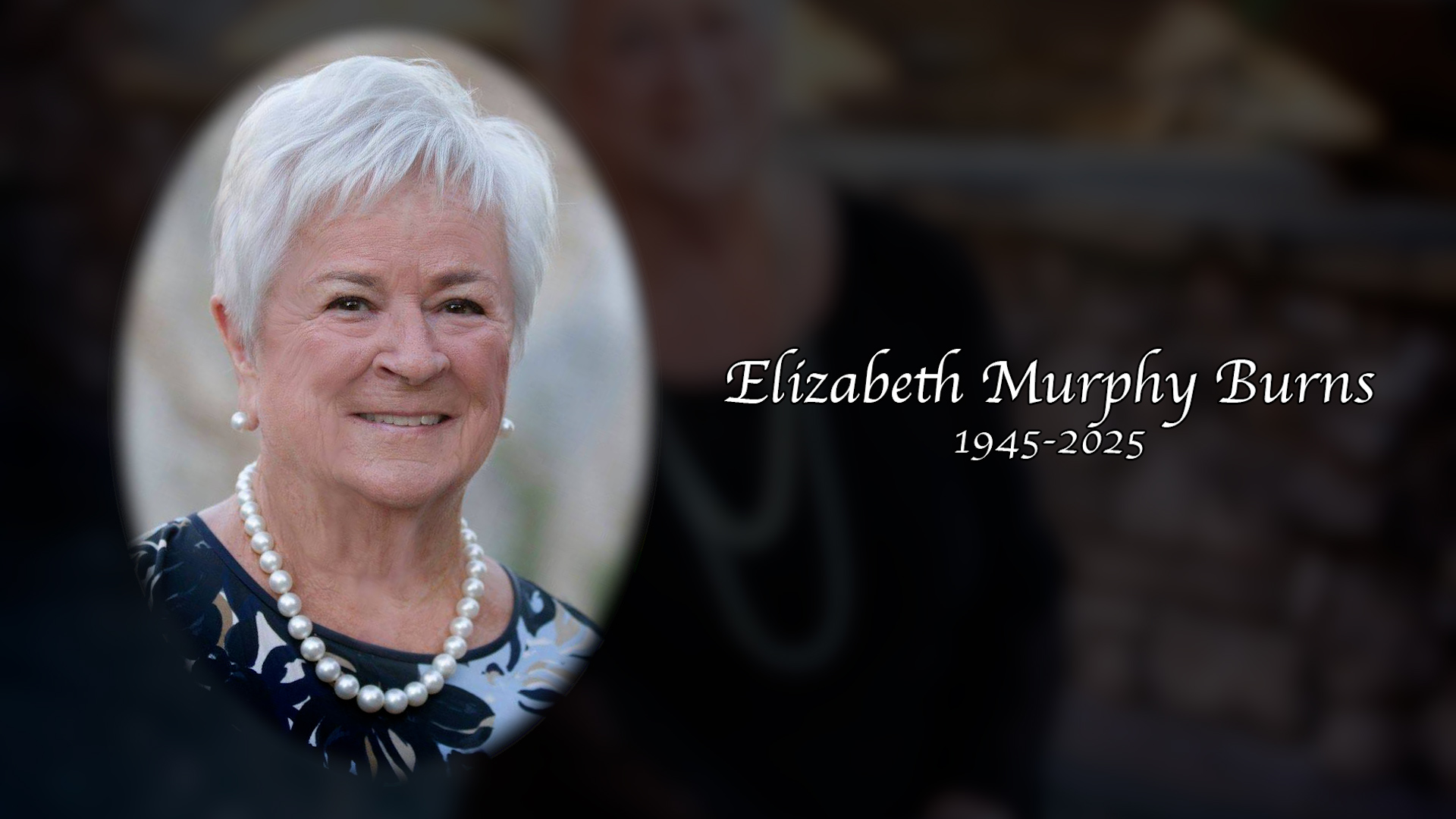White Spaces Deal is Done
WASHINGTON: The FCC quietly made its own history Nov. 4, opening up U.S. television spectrum to mobile unlicensed devices. Such devices are intended to expand the availability of wireless broadband throughout the country, particularly rural areas.
Broadcasters have fought unlicensed devices tooth and nail because of their potential to interfere with over-the-air TV signals. The were later joined by the sports and entertainment industries, which rely on wireless microphones, and by cable operators, concerned that broadcast signals transmitted to head-ends will encounter interference. Even Verizon, which paid several billion for DTV transition spectrum, opposed unlicensed devices in part because proponents won’t have to pay a dime for spectrum licenses.
The major broadcast lobbies predictably rejected the ruling, which must use technology to locate and avoid incumbent TV signals.
“By moving the ‘white space’ vote forward, the commission appears to have bypassed meaningful public or peer review in a proceeding of grave importance to the future of television,” said NAB spokesman Dennis Wharton in a statement. “Fortunately, today’s vote is just the beginning of a fight on behalf of the 110 million households that rely on television for news, entertainment, and lifesaving emergency information. Going forward, NAB and our allies will work with policymakers to ensure that consumers can access innovative broadband applications without jeopardizing interference-free TV.”
David Donovan, chief of the Association for Maximum Service Television, was the first high-profile opponent to unlicensed devices. He criticized the FCC for not placing its second-round test results up for public comment.
“We hope future decisions will be based on an o pen discussion of the science, as opposed to the process employed in today’s decision,’ he said.
Shure, the Niles, Ill., microphone maker issued a statement saying it was concerned that “the commission’s action opens the door to a new breed of wireless gadgetry that relies on unproven technology as a safeguard against interference to wireless microphones.”
Shure executive Mark Brunner said the decision would “greatly complicate the lives of wireless microphone users across the United States and negatively affect tens of millions of Americans listening to live and broadcast events.”
The FCC’s decision, rendered the day the first black American was elected president, was approved 5-0, with Tennessee native Commissioner Deborah Taylor Tate dissenting in part due to her connections to the music industry in Nashville.
“I regret that the order does not include language that would specifically state the legal responsibilities of those who provide these new unlicensed devices,” she said in her statement. Tate also said she was disappointed the order didn’t include higher-power fixed operations in rural areas, or address the possibility of creating a licensing scheme.
“I am not convinced that all of the white spaces in Channels 2--51 needed to be made available for unlicensed use,” she said.
It’s not yet clear whether networks will take the FCC to court over the ruling. One observer predicted it would be at least another year before unlicensed devices were ready for the market, and that a new FCC could review the ruling between now and then.
Get the TV Tech Newsletter
The professional video industry's #1 source for news, trends and product and tech information. Sign up below.
